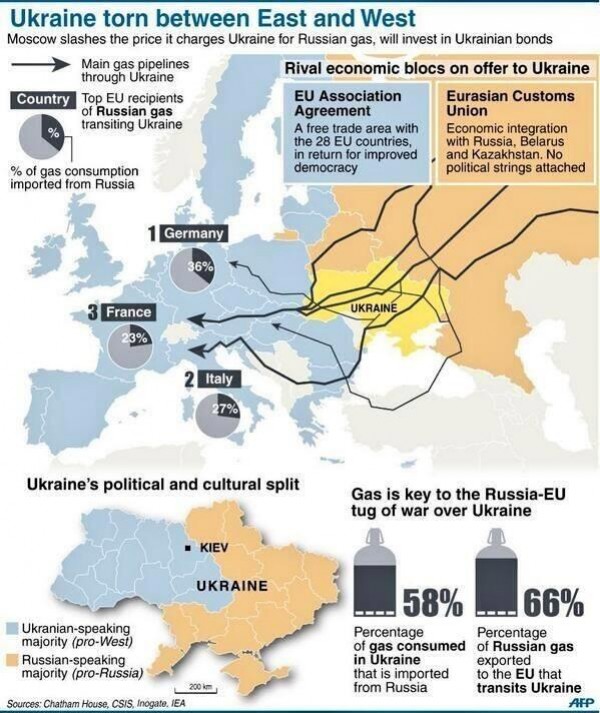FRESH AIR
According to political scientist Kimberly Marten, Russia’s decision to annex Crimea from Ukraine may have changed its relationship with the outside world for many years to come. Marten, “The leader of a state that wields a massive strategic nuclear arsenal, controls a significant portion of the world’s petroleum and other raw materials, and holds a veto in the U.N. Security Council, has just revealed his willingness to use force on behalf of ethnic nationalism. This was the nightmare that Western policymakers hoped to avoid when the Soviet Union collapsed.” Marten is a professor of political science at Barnard College, the deputy director for development at Columbia University’s Harriman Institute for Russian, Eurasian and East European Studies, and a faculty member at Columbia’s Saltzman Institute of War and Peace Studies. She joins Fresh Air’s Terry Gross to discuss Russian President Vladimir Putin’s long-term goals and the history of Russian-Ukrainian relations. MORE


